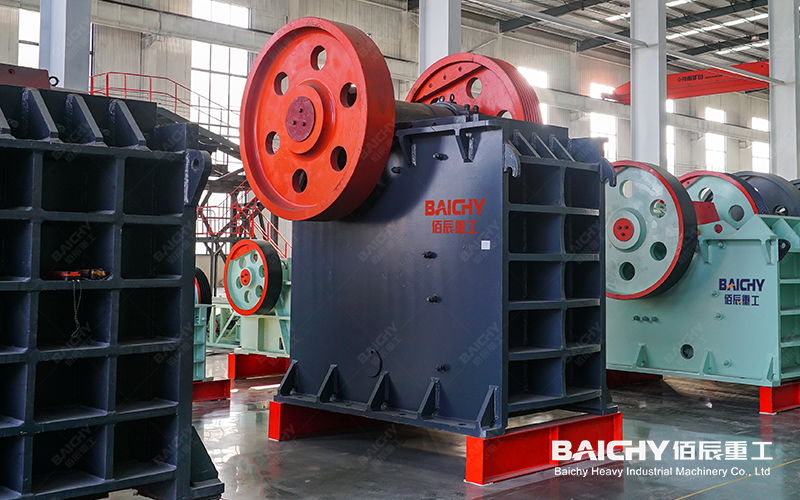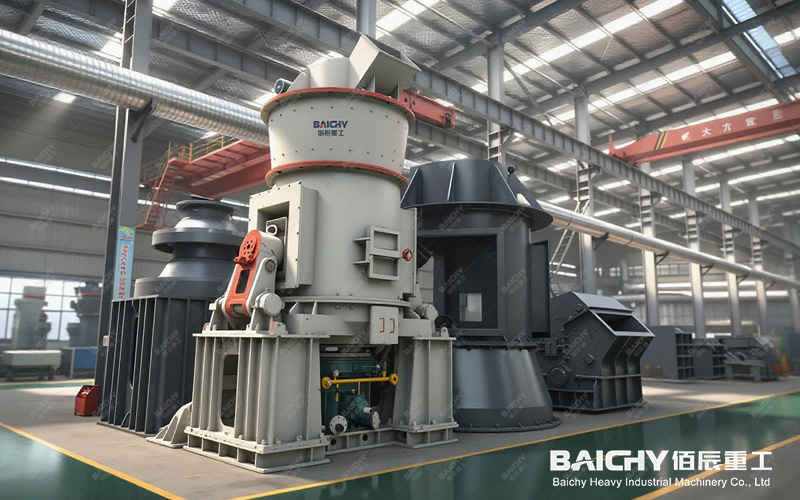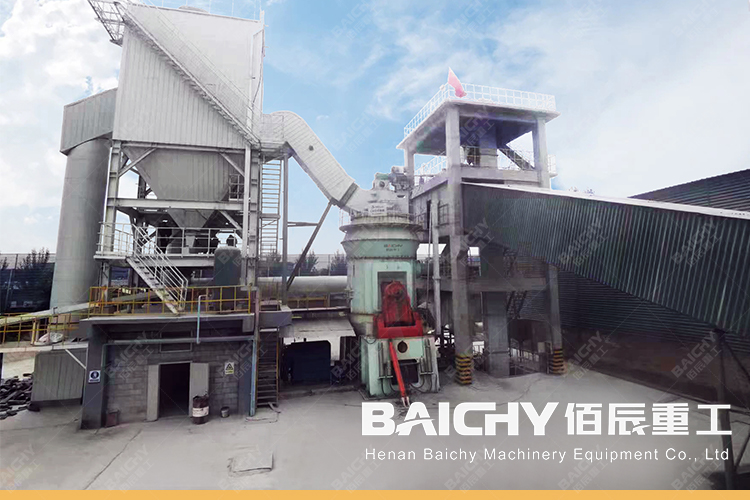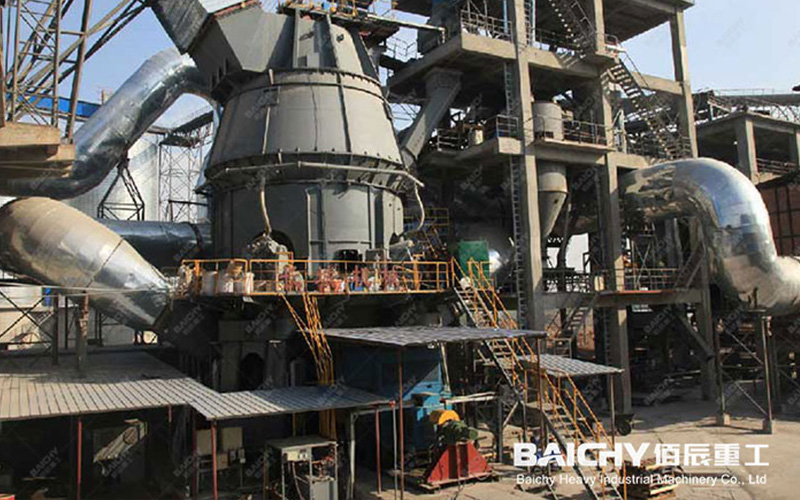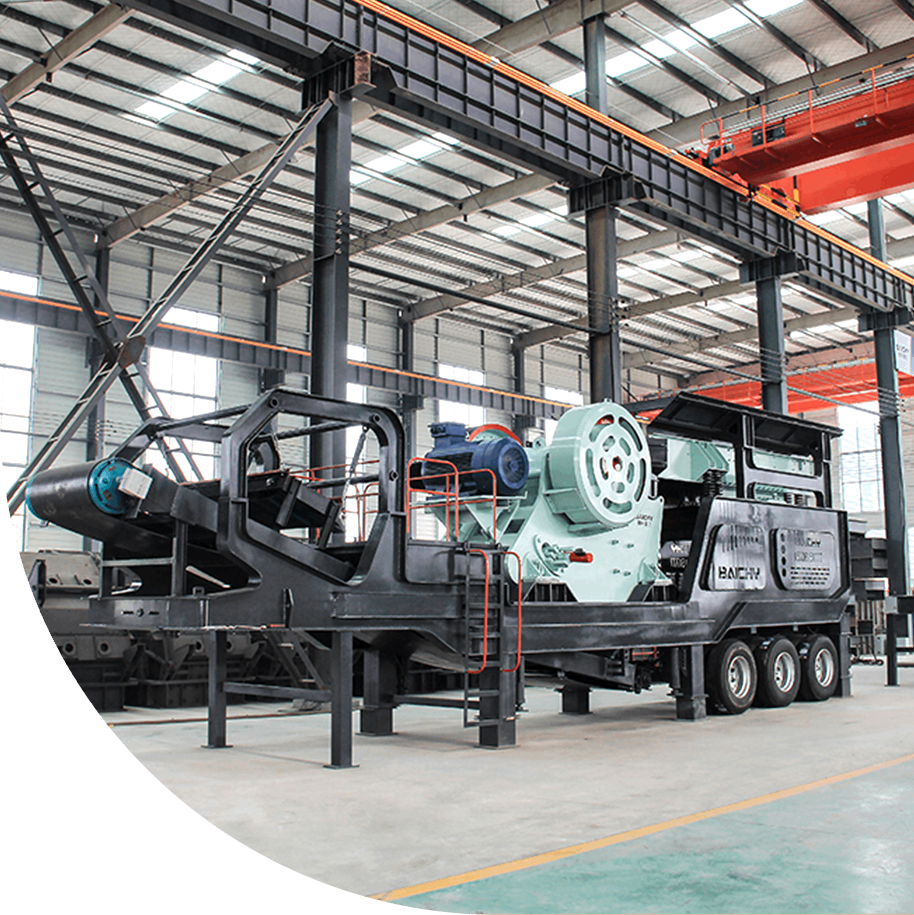
In mining, building materials, chemical, and grain processing industries, efficient grading and screening are crucial for ensuring product quality and production efficiency. When your production needs reach a significant threshold of 20 tons per hour, a high-performance double-layer vibrating screen becomes an indispensable core piece of equipment. Many customers, when inquiring, often ask directly: How much does a 20-ton/hour double-layer vibrating screen cost?
However, giving a fixed figure is irresponsible, as equipment prices are influenced by numerous factors. This article will provide an in-depth analysis of the core elements affecting pricing and offer a reasonable price range for reference, helping you make an informed decision.
I. Core Needs Analysis: Why 20 tons per hour and double-layer?
• Processing Capacity (20 tons/hour): This represents a medium-to-high production requirement, meaning the equipment needs sufficient screening area, a powerful vibrating motor, and a robust housing structure to withstand continuous high-intensity operation.
• Double-layer Design: A double-layer screen means that raw materials can be separated into three different grades of finished products in a single processing cycle. For example, the upper layer screens out large particles of impurities, the middle layer produces qualified products, and the lower layer screens out fine powder. This greatly improves production efficiency and automation.
II. Core Factors Affecting the Price of Double-Layer Vibrating Screens
A double-layer vibrating screen that processes 20 tons of material per hour typically ranges in price from RMB 30,000 to RMB 150,000, or even higher. The main reasons for this large price difference are as follows:
1. Material Characteristics (Determining Factor):
◦ Particle Shape and Hardness: Screening highly corrosive hard materials (such as quartz sand and metal ores) requires screens and housings made of high-manganese steel or wear-resistant steel, which is far more expensive than carbon steel or stainless steel equipment used for screening soft materials such as grains and plastic granules.
◦ Moisture and Viscosity: If the material has a high moisture content and is prone to adhesion, additional screen cleaning devices (such as bouncing balls or ultrasonic systems) may be required, increasing the complexity and cost of the equipment.
2. Equipment Materials and Manufacturing Processes:
◦ Carbon Steel (Q235): The most economical option, suitable for general dry, non-corrosive materials.
◦ Stainless Steel (e.g., 304, 316L): Corrosion resistant, easy to clean, the first choice for high-requirement industries such as food, pharmaceuticals, and chemicals; price is typically 1.5 times higher than carbon steel.
◦ Manufacturing Process: Laser cutting, automated welding, and excellent anti-corrosion painting processes can extend equipment life, but also correspondingly increase manufacturing costs.
3. Screen Specifications and Number of Layers:
◦ You have determined that you need double layers, but the size of the screen (width and length directly determine processing capacity), the wire thickness, and the aperture ratio will all affect the price. Custom-made screens with special apertures will also incur additional costs.
4. Vibration Motor and Technical Configuration:
◦ The motor is the heart of the equipment. Branded motors offer superior stability, energy consumption, and noise control compared to generic motors.
◦ Is a frequency converter needed for stepless adjustment of vibration frequency and amplitude? Variable frequency control allows for the screening of multiple materials in one machine, offering exceptional flexibility, but it also significantly increases costs.
5. Brand and After-Sales Service:
◦ Products from well-known brands offer guarantees in quality, reliability, and after-sales service (installation, commissioning, maintenance, spare parts supply), and their prices are naturally higher than those from smaller manufacturers.
III. A Customized Reference Quotation
Based on the core parameters of 20 tons per hour processing capacity and double-layer, we can envision several common scenarios:
• Economy Solution (approximately 30,000 - 60,000 RMB):
◦ Configuration: Carbon steel construction, standard vibrating motor, fixed speed, suitable for dry, non-corrosive common materials (such as plastic granules, ordinary sand and gravel).
◦ Applicable Scenarios: Primary processing plants with limited budgets and low requirements for product cleanliness.
• Standard General-Purpose Solution (approximately 60,000 - 100,000 RMB):
◦ Configuration: Parts in contact with materials are made of stainless steel, or entirely of carbon steel with thicker anti-corrosion treatment. Equipped with a branded vibrating motor, and a simple screen cleaning device is optional. This is the most common option on the market.
◦ Applicable Scenarios: Most chemical raw materials, grain screening, building materials industries, etc.
• High-end Customized Solutions (Over 100,000 RMB):
◦ Configuration: All stainless steel (304/316L) body, equipped with imported brand frequency converters and motors, integrated ultrasonic screen cleaning system, fully enclosed structure meeting explosion-proof or GMP cleanroom requirements.
◦ Applicable Scenarios: Food, pharmaceutical, high-precision chemicals, and special industries with explosion-proof requirements.
Please note: The above prices are only approximate ranges. The final accurate quote needs to be calculated by the supplier based on your specific material samples and process requirements.
IV. How to Get the Most Accurate Quote? — Provide the Supplier with this Information
To obtain a reliable quote, please prepare the following information during the consultation:
1. Material Name and Characteristics: Such as density, moisture content, temperature, corrosiveness, viscosity, etc.
2. Screen Target: Which specifications do you want to separate? Please provide the target aperture (mesh count or millimeters) for each screen layer.
3. Special Requirements: Whether a fully enclosed, explosion-proof, dust-collecting interface, or material certification (e.g., food-grade certification) is required.
4. Site Conditions: Feeding method, space constraints, power supply conditions, etc.
Investing in a suitable double-layer vibrating screen is a long-term guarantee for production efficiency and product quality. For a processing capacity of 20 tons per hour, we suggest you don't just pursue the lowest price, but comprehensively consider the match between the equipment's materials, technical configuration, and production needs. Choose a supplier with strong technical capabilities and comprehensive after-sales service for in-depth communication.
Feel free to contact us anytime! Please inform our engineers of your specific material information and process requirements. We will provide you with a customized, highly accurate quotation and technical selection advice, and arrange on-site trial runs so you can witness the equipment's superior performance firsthand.




